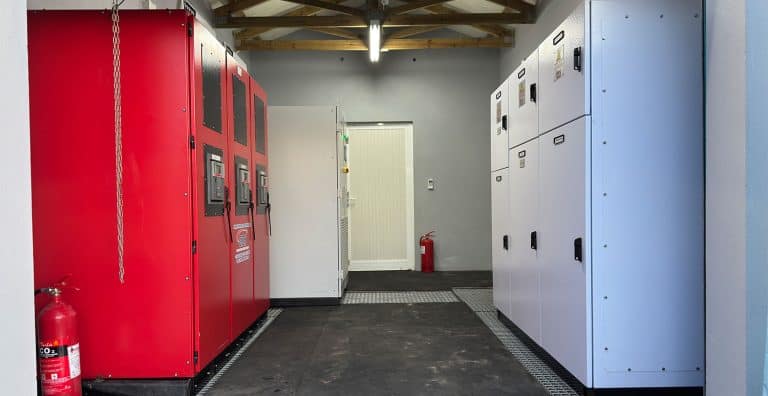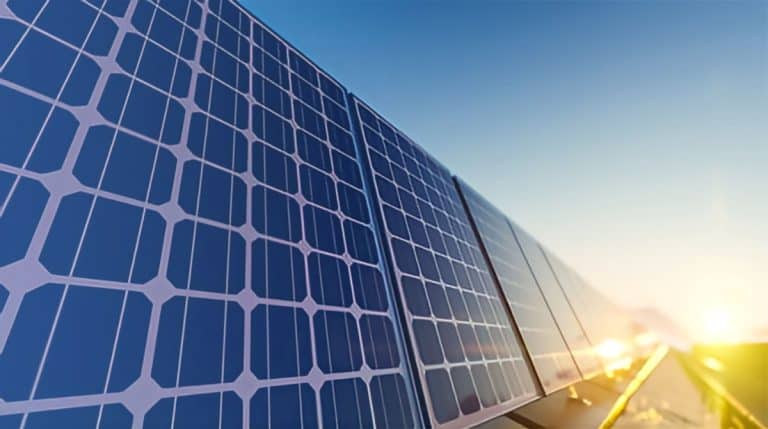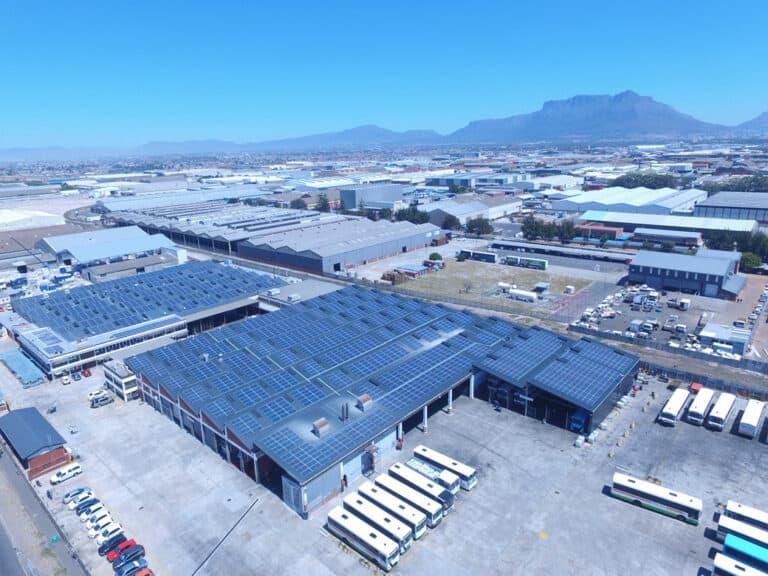Empowering Africa: The Rise of Solar Generators in Commercial and Industrial Sectors
Africa is blessed with abundant sunlight, is increasingly turning to solar energy to power its commercial and industrial sectors. As the continent grapples with energy shortages and strives for sustainable development, renewable energy is key to unlocking progress. Among the various solar technologies, solar generators are emerging as a pivotal innovation, driving change and ensuring energy security.
It is important to note that in largescale systems, generators are generally independent devices that are integrated into the solar system. These provide immediate switchover to backup power in various scenarios, such as when the grid goes down (if grid tied & dependent on load), when power usage exceeds production or when batteries are depleted. However, solar generators come in various forms, which will be discussed in this blog post.
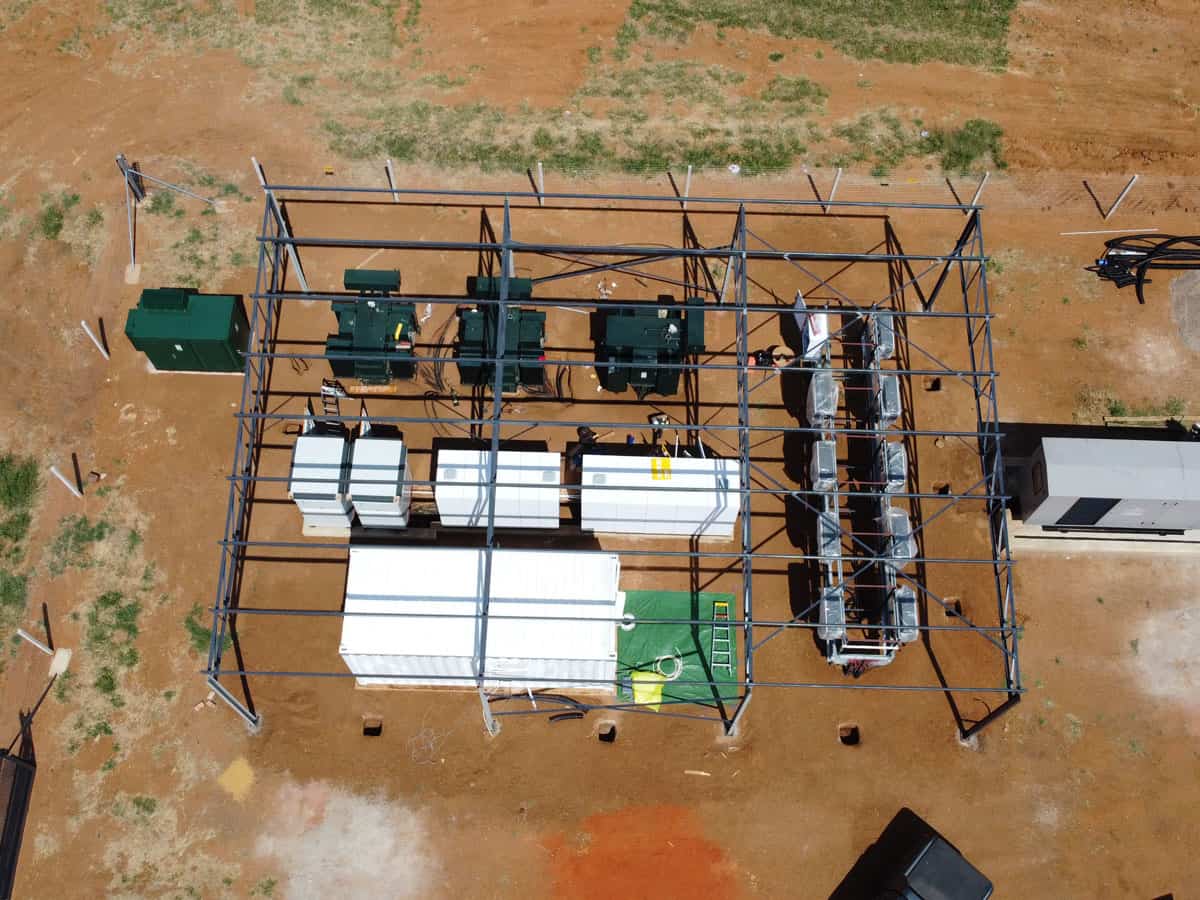
The Solar Revolution in Africa
Africa’s solar energy potential is immense. With vast stretches of land receiving high solar irradiation, the continent is well-positioned to harness solar power. Countries like South Africa, Kenya, and Nigeria are leading the charge, investing heavily in solar infrastructure to meet their growing energy demands. Solar generators play a key role in this revolution, offering the continent the opportunity to benefit from reliable alternatives to traditional fossil fuels.
Solar Generators: a Game-Changer in smaller systems
Generally, solar generators are compact, portable, and easy to deploy, making them ideal for the diverse needs of Africa’s systems. Unlike conventional generators that rely on diesel or gasoline, solar generators use solar PV panels to convert sunlight into electricity. This not only reduces carbon emissions but also lowers operational costs in the long run.
For many businesses in Africa, power outages are a significant challenge, disrupting operations and causing financial losses. Solar generators provide a dependable backup power solution, ensuring continuous operations even during grid failures. Industries such as manufacturing, agriculture, and retail are increasingly adopting solar generators to mitigate the impact of unreliable power supply.
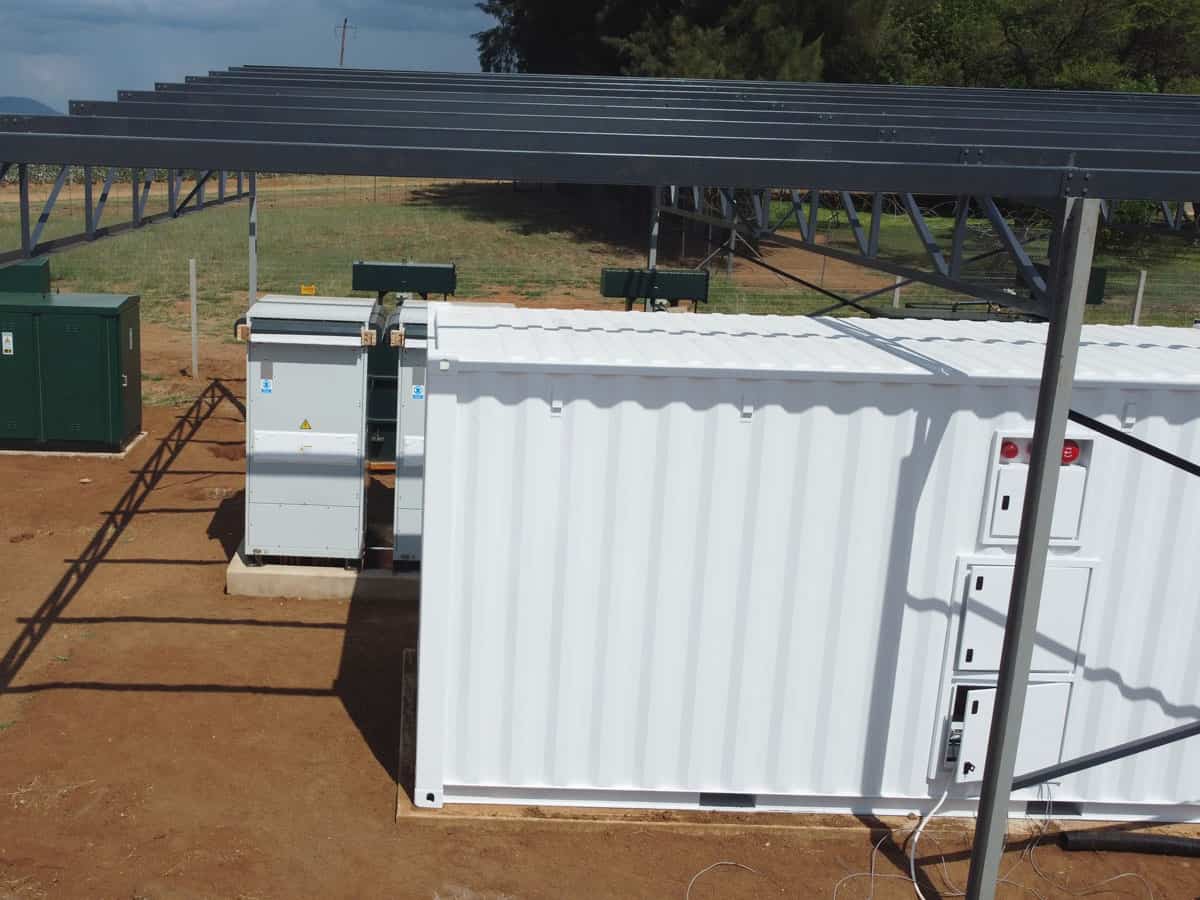
Commercial Applications of Solar Generators
In the commercial sector, solar generators are transforming how businesses operate. Retail stores, hotels, and office complexes are leveraging solar energy to reduce their dependency on the grid. For instance, shopping malls equipped with solar generators can maintain essential services like lighting and refrigeration during power cuts, enhancing customer experience and reducing losses.
Moreover, the integration of solar generators in commercial buildings contributes to sustainability goals. By reducing reliance on fossil fuels, businesses can lower their carbon footprint and appeal to environmentally conscious consumers. This shift not only promotes a green image but also aligns with global efforts to combat climate change.
Industrial Adoption of Solar Generators
The industrial sector, often characterized by high energy consumption, stands to benefit significantly from solar generators. Factories and production units can utilize solar power for a range of applications, from running machinery to powering administrative offices. The scalability of solar generators allows for customized solutions that cater to specific industrial needs, ensuring optimal energy utilization.
In remote areas where grid access is limited or non-existent, solar generators are a lifeline as these can provide a sustainable and cost-effective power source, enabling uninterrupted operations in off-grid locations.
Economic and Environmental Impact
The adoption of solar generators in Africa’s commercial and industrial sectors is not just an energy solution. It’s an economic catalyst. By reducing energy costs, businesses can allocate more resources towards expansion and job creation. Furthermore, the solar industry itself is generating employment opportunities, from manufacturing and installation to maintenance and sales.
Environmentally, the benefits are profound. Solar generators produce clean energy, significantly reducing greenhouse gas emissions. This transition to renewable energy is crucial for Africa, which is already experiencing the adverse effects of climate change. By embracing solar technology, the continent can mitigate its environmental impact and build a more sustainable future.

Challenges and Future Outlook
Despite the promising potential, the widespread adoption of solar generators faces several challenges. Initial installation costs, though decreasing, can be a barrier for small and medium-sized enterprises. Additionally, the lack of technical expertise and maintenance infrastructure in some regions hampers the effective deployment of solar systems.
New Southern Energy is able to work in remote locations and with challenging grids. Our Solar EPC team has built systems in outlying areas as far flung as the Namib desert, the Cederberg in South Africa, in Grumeti reserve in Tanzani and in Athi River in Kenya. View some of our projects complete here.
The future of solar energy in Africa looks bright. Governments and international organizations are increasingly supporting solar initiatives through funding and policy incentives. With continued investment and technological advancements, solar generators will become more accessible and affordable, driving further growth in the commercial and industrial sectors.
Conclusion
Solar generators play a key role in Africa’s energy transformation, offering a sustainable and reliable power solution for homes and businesses. As the continent continues to harness its solar potential, these innovative systems will play a crucial role in ensuring energy security, fostering economic growth, and protecting the environment. The journey towards a solar-powered Africa is well underway, and solar generators are lighting the way forward.



